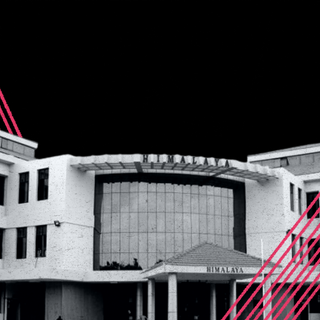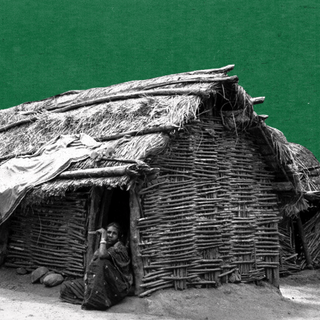The central government has imposed restrictions on funding for 10 international NGOs working to ensure child rights and prevent climate change, according to a report by The Hindu.
The NGOs included in the recent list are the European Climate Foundation, the Omidyar Network International, the Stardust Foundation and Humanity International from the U.S.; the Walk Free Foundation and the Minderoo Foundation from Australia; the Children’s Investment Fund Foundation, the Freedom Fund, and the Laudes Foundation from the U.K.; and the Legatum Fund, based in both the U.K. and the U.A.E.
What it means to be on this list is “as and when the foreign donor wants to transfer the money to some recipient association in India, the same needs prior clearance of Ministry of Home Affairs (MHA).”
To drive this bureaucratic hindrance, the government hasrelied on a statute called the Foreign Contribution (Regulation) Act, 2010 (FCRA), which regulates the funding received by NGOs in India.
Reports state that the Indian government has canceled the FCRA licenses of more than 19,000 NGOs since 2014. According to the MHA, the government has canceled the FCRA licenses of more than 5,000 NGOs since 2017 — forcing many, like Greenpeace International and Amnesty International, to downsize or even shut down their operations in India completely.
The government’s move has received international criticism as well. Last November, the International Commission of Jurists (ICJ) released a briefing paper criticizing the usage of the FCRA as “a tool to silence” civil society organizations and “clampdown on Indian human rights defenders.”
Related on The Swaddle:
Report About India ‘Spying’ on Journalists, Politicians Sparks Concern Over Illegal Surveillance
Moreover, the FCRA “fails to comply with India’s international legal obligations to respect and protect the rights to freedom of association, expression, peaceful assembly, and the right to take part in the conduct of public affairs,” ICJ stated.
The objective of the FCRA is largely to prohibit political parties from receiving foreign support to prevent foreign interests from influencing Indian elections to ensure the country’s “national security” isn’t adversely affected. However, as Human Rights Watch stated, the Indian government had amended the law twice in 2016, then in 2018, to retroactively legalize foreign funding made to political parties. In the meantime, funding to NGOs has been restricted using the very same law.
The government, however, has accused some NGOs whose licenses have in canceled in the past few years of “lobbying with members of parliament and thereby influencing the political process and parliamentary institutions.” In fact, a government official commented on the present spate of funding restrictions, too, saying the “advocacy against coal” by “pro-climate NGOs” is a “violation of FCRA provisions.”
But activists aren’t buying the government’s excuse to crackdown on pro-human rights voices. “All governments have a duty to prevent corruption, but financial regulation should not be used to stifle the crucial role of civil society simply because the authorities find it hard to deal with constructive criticism,” Meenakshi Ganguly, South Asia director at Human Rights Watch, told Al Jazeera.
Despite both national and international criticism, the government has refused to change its stance. In fact, during the deadly second wave of Covid19 in India, NGOs were unable to access foreign aid to help patients due to the FCRA.
“We see the authorities continuing their clampdown on Indian human rights defenders through arbitrary arrests, restrictions on travel, and other forms of harassment,” Ian Seiderman, Legal and Policy Director at the ICJ, said. “We urge the Indian government to protect rather than repress human rights defenders in India, whose work is vital to the rule of law in the country.”




